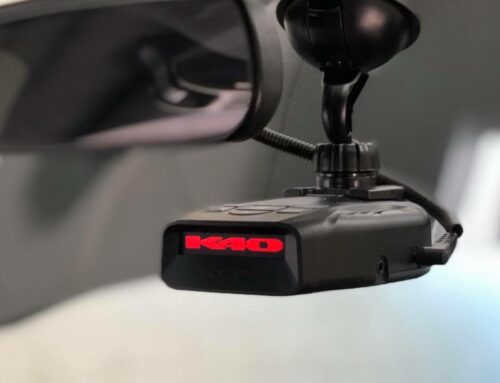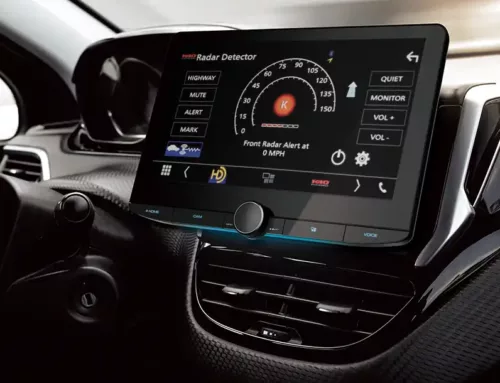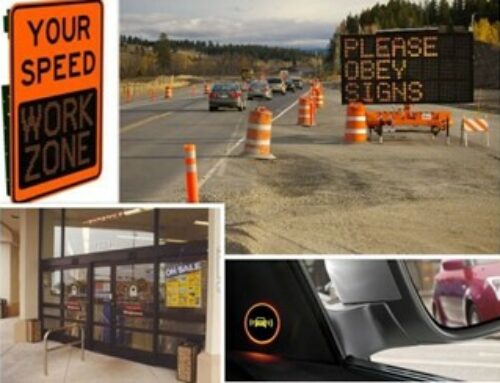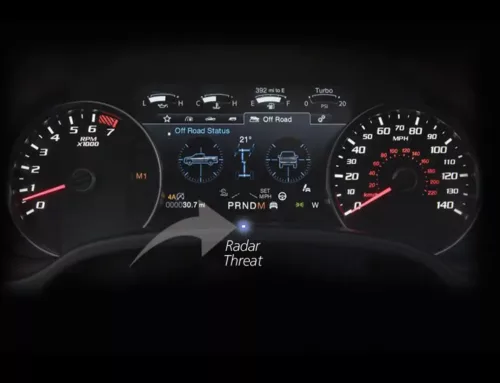Do Radar Detectors Work?
September 28, 2023
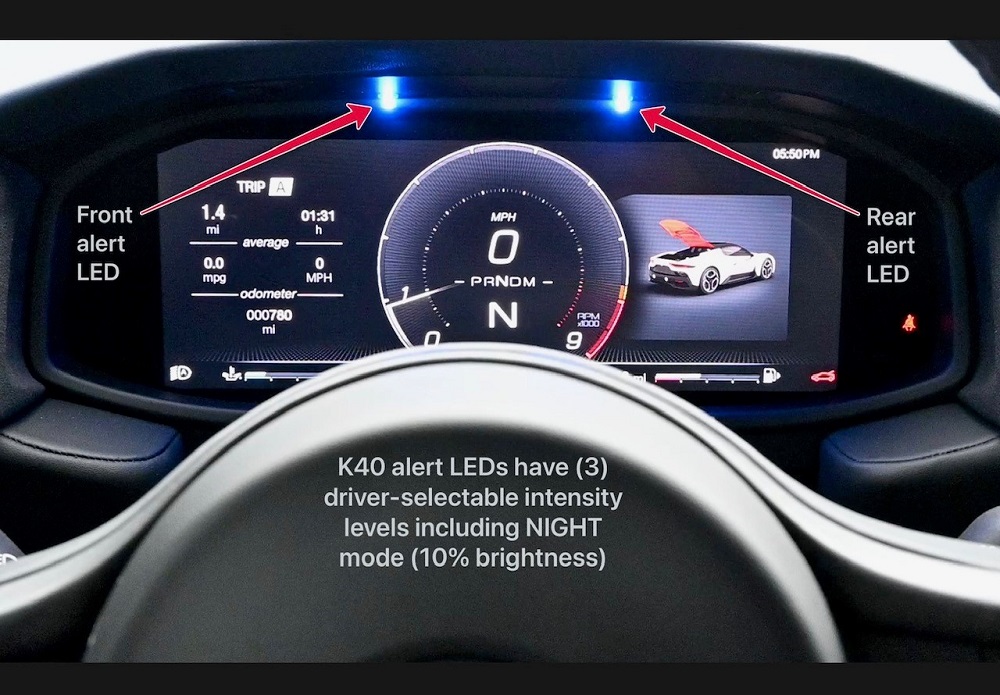
Radar detectors have been commercially available and working to keep motorists ticket-free since the early 1950s because the science of how radar detectors work to alert drivers to the use of radar speed enforcement WORKS. K40 Electronics has been in the radar detector business for over 40 years, so the need for good radar detectors has a long history. That history has everything to do with saving motorists the hassle and expense of receiving a speeding ticket.
Does every driver need a radar detector?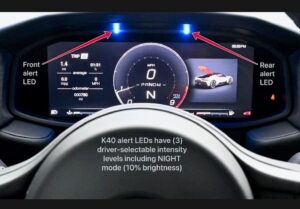
Contrary to popular belief, it’s not drivers who speed every time they get behind the wheel that make up the majority of people receiving speeding tickets. Most speeding tickets issued are to everyday drivers who were speeding unintentionally. Ask yourself if any of the below have ever happened to you.
- Accidental Speeding – You either didn’t notice that your speed was above the speed limit or didn’t realize that the speed limit had been reduced.
- Distracted While Driving – Kids in the backseat, touch screens, phone calls, etc., take your attention away from the driving environment occasionally, and it’s easy for your speed to creep up without you realizing it.
- Speed Traps – You come over the top of a hill or around a curve and see a police officer on the side of the road. Your heart accelerates as you check your speed to see if you are speeding.
If any of the above apply, you need a radar detector. A radar detector alerts you to police radar BEFORE the officer can clock your speed. It brings your attention back to your speedometer so that you can adjust your speed if necessary and avoid that speeding ticket.
Why do police spend so much time on speed enforcement?
We want law enforcement out on the roads to stop the reckless drivers who are weaving in and out of traffic at high rates of speed and putting themselves and everyone else at risk. I think we all agree on that.
Speed enforcement today is about more than road safety. It’s about……$$$.
Writing speeding tickets is essential to revenue generation for cities, towns, villages, and municipalities. They pay for salaries, equipment, etc. Revenues from traffic violations are part of every municipality budget and are expected to be maintained or increased annually.
What happens if I get a speeding ticket?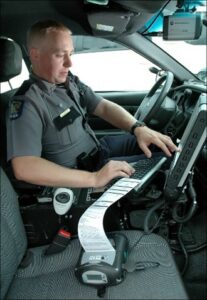
First, there is the cost of the speeding ticket itself. Depending on where you are driving when you get tickets and how much over the speed limit you were going, the speeding ticket alone could be between $200.00 and $1000.00. Fines, fees, and penalties vary from state to state.
The additional long-term costs of a speeding ticket show up in increased insurance premiums.
- One speeding ticket could increase your insurance rate by an average of 26% – 43% at your next renewal.
- Two speeding tickets could increase your insurance rate by 58% at your next renewal.
- Hawaii insurance rates could go up 90% for driving 11-29 mph over the limit.
- You can expect to pay anywhere from $238 to $2003 more per year if you were cited for speeding 11-29 mph over the limit.
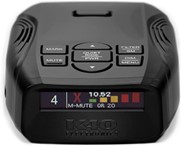 So, which drivers could benefit from driving with a radar detector? ALL OF THEM! Whether you drive a high-performance sports car, SUV, or minivan, 1 in 5 drivers will receive a speeding ticket this year, adding even more revenue to the 6 Billion dollars annually that are generated from speeding tickets.
So, which drivers could benefit from driving with a radar detector? ALL OF THEM! Whether you drive a high-performance sports car, SUV, or minivan, 1 in 5 drivers will receive a speeding ticket this year, adding even more revenue to the 6 Billion dollars annually that are generated from speeding tickets.
To learn more about protecting your driver’s license and insurance rates with a radar detector, call K40 Electronics at 800-323-5608, Monday-Friday, 8:00 a.m. to 5:00 p.m., or schedule a private consultation.

